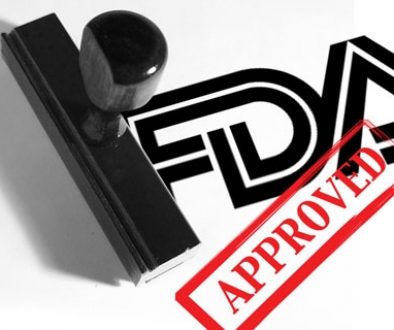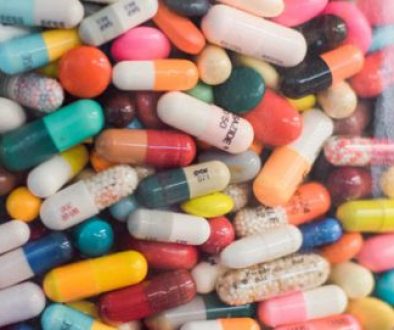Know Your Numbers
BMI
Your Body Mass Index (BMI) is the number used to assess if you are underweight, normal weight, overweight, or obese. It is calculated using your height and weight and is a good gauge for the risk of diseases that can occur with more body fat. The higher your BMI, the higher your risk for diseases such as heart disease, high blood pressure, type 2 diabetes, gallstones, breathing problems, and certain cancers. The recommended range is 18.6 x 24.9.
Although BMI can be used for most men and women, it does have some limits:
- It may overestimate body fat in athletes and others who have a muscular build.
- It may underestimate body fat in older persons and others who have lost muscle

Blood Sugar
Blood sugar, or glucose, is the main sugar found in your blood. It comes from the food you eat, and is your body’s main source of energy. Your blood carries glucose to all of your body’s cells to use for energy. When your blood sugar levels are too high, it causes diabetes. Over time, diabetes can cause other health problems and put you at higher risk for heart disease. A healthy blood sugar level should be less than 100 following an 8-hour fast.
Waste Size
Having extra body fat around your stomach increases your risk of heart disease and diabetes. The target for women is less than 35” and for men less than 40”.
Blood Pressure
High blood pressure has no warning signs or symptoms, and many people do not know they have it. So, it’s important to measure your blood pressure regularly. It is quick and painless, and it is the only way to know whether your pressure is high. You can check your blood pressure at a doctor’s office, at a pharmacy, or at home.The top number (Systolic) should be under 130. The bottom number (Diastolic) should be under 80.
Cholesterol
Did you know that 1 in 3 American adults has high cholesterol? Are you one of them? Too much cholesterol puts you at risk for heart disease and stroke, two leading causes of death in the United States. High cholesterol has no signs or symptoms, so the only way to know if you have it is to get your cholesterol checked.
Schedule an appointment and talk to your doctor about your all of your numbers and how they impact your overall health.



